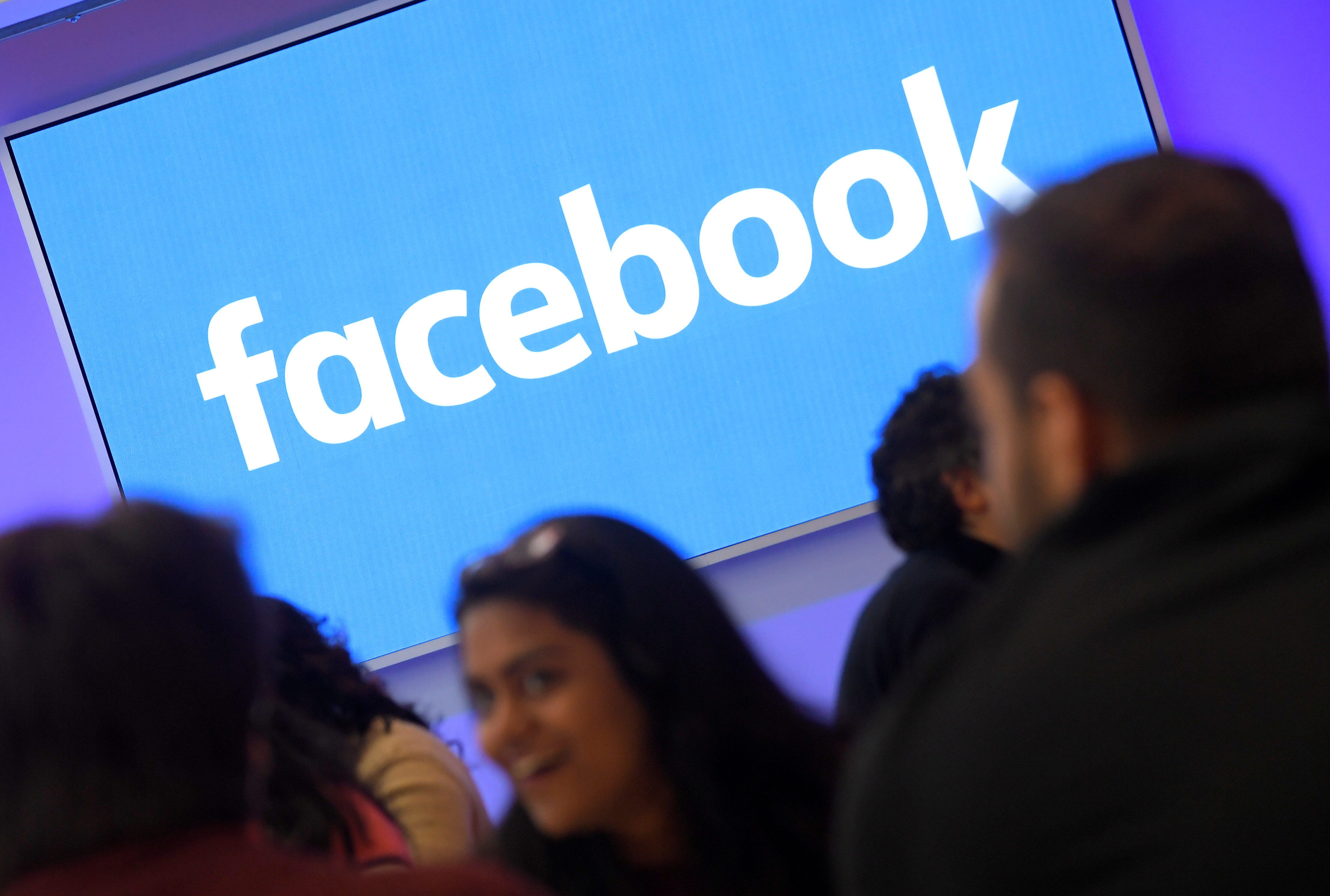The astonishingly weak antitrust case against Facebook, Google, and Amazon
Where's the proof they're harming consumers?


A free daily email with the biggest news stories of the day – and the best features from TheWeek.com
You are now subscribed
Your newsletter sign-up was successful
Amazon has released its first-cut finalists for its HQ2 — sorry, Anchorage — and if some activists have their way, there might one day also be an HQ3, HQ4, and HQ5 for all sorts of mini-Amazons. Slicing and dicing America's tech giants into separate pieces is the hot idea on the left (and increasingly on the right) to make America more innovative, more equal, and more democratic.
It's not just Amazon either. These activists think the other megaplatforms — Apple, Facebook, Google, even Microsoft — are just too big and powerful for our own good, even if they provide cool gadgets or free services that we love. No doubt they are big and powerful. Together, these companies have a market value of some $3.5 trillion with tremendous market dominance. As The Wall Street Journal economics columnist Greg Ip noted in a long piece earlier this week: "Google and Facebook absorbed 63 percent of online ad spending last year; Google and Apple Inc. provide 99 percent of mobile phone operating systems; while Apple and Microsoft Corp. supply 95 percent of desktop operating systems." For its part, Amazon accounts for 75 percent of e-book sales, and firms in every category it enters worry they're the next Borders, the now-defunct bookseller.
The case for either dismantling these companies or preventing them from getting bigger through acquisitions may seem self-evident. And the sooner the better, for some. On a recent episode of the EconTalk podcast, wonkactivist Matthew Stoller of the Open Markets Institute said he would force Facebook to sell WhatsApp and Instagram and force Amazon to unload its recent purchase of grocer Whole Foods. Along those lines, one could also imagine Google being forced to sell YouTube. And if Apple was thinking about using its cash hoard to buy Netflix or Tesla, forget about it.
The Week
Escape your echo chamber. Get the facts behind the news, plus analysis from multiple perspectives.

Sign up for The Week's Free Newsletters
From our morning news briefing to a weekly Good News Newsletter, get the best of The Week delivered directly to your inbox.
From our morning news briefing to a weekly Good News Newsletter, get the best of The Week delivered directly to your inbox.
But that's not how antitrust works in the modern U.S. economy. Companies do not get dismantled just because they are big and dominate a particular market sector. If consumers are benefiting, government generally keeps its hands off. Tax policy or campaign finance reform usually tackles concerns about economic and political power now. But antitrust reformers want a more expansive standard, one that puts the burden on the tech platforms to show they are not hurting competition, innovation, and democracy. And instead of arguing that these popular companies are hurting average Americans right now, antitrust advocates argue that their size and power will prevent the next Facebook or Amazon from emerging and thus deprive us of unimagined cooler stuff. Antitrust is thus pro-growth.
What's more, they claim to have history on their side. For instance, today's nascent trust-busters claim it was the government's antitrust action against IBM in the late 1960s that led to the flowering of the U.S. software industry by prompting the company to unbundle its software and services from hardware. As Stoller has put it, "IBM implemented a software unbundling policy due to scrutiny from the antitrust suit. This allowed a software industry to emerge."
But there is a strong case to be made that changing market conditions are what drove the move, as well as helped the software industry greatly expand. The simplistic antitrust explanation is an even worse fit when making the case that a young Google would have been crushed by Microsoft if the software giant had not been distracted by the government's 1998 antitrust case against it. Microsoft executives themselves have blamed their lack of response to Google as well as their failure to make Windows the dominant mobile operating system on the caution that typically afflicts large, successful incumbent firms.
Indeed, that sort of myopia is one reason why it's premature to view big firms as forever dominant. So are changing business conditions and technologies. The New York Times columnist Farhad Manjoo frequently writes about the market power of the "Frightful Five" tech platforms. But he recently wondered if Facebook's announced changes to its news feed feature posed an "existential" threat to the company. Likewise, it may seem impossible to imagine a successful challenger to Google in search. But the rise of Amazon's Echo smart speaker and other voice technologies give users a different way to find what they're looking for on the web. The megaplatforms may one day need pruning, but markets may do the trick before government action is needed.
A free daily email with the biggest news stories of the day – and the best features from TheWeek.com
James Pethokoukis is the DeWitt Wallace Fellow at the American Enterprise Institute where he runs the AEIdeas blog. He has also written for The New York Times, National Review, Commentary, The Weekly Standard, and other places.
-
 Secured vs. unsecured loans: how do they differ and which is better?
Secured vs. unsecured loans: how do they differ and which is better?the explainer They are distinguished by the level of risk and the inclusion of collateral
-
 ‘States that set ambitious climate targets are already feeling the tension’
‘States that set ambitious climate targets are already feeling the tension’Instant Opinion Opinion, comment and editorials of the day
-
 Mixing up mixology: The year ahead in cocktail and bar trends
Mixing up mixology: The year ahead in cocktail and bar trendsthe week recommends It’s hojicha vs. matcha, plus a whole lot more
